Alum Spotlights
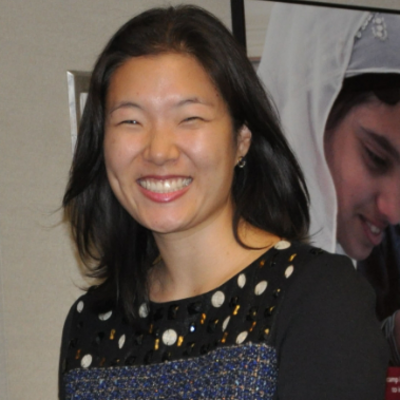
Michelle Kim
Class of 2003
The first major shift in my worldview happened at Wellesley. My classmates were amazing women, academically and socially astute, with ambition and talent to spare. We came from different backgrounds but shared the same passion for excellence. It was exciting and overwhelming. The world was much bigger than I had thought—but instead of feeling the need to compete, I learned to be comfortable following my own path.
As a Classics major, I knew that I wouldn’t likely speak Latin after college. And yet, from interning at a TV studio to fundraising for a foster care center to teaching environmental science as a Peace Corps Volunteer, I’ve put to use the skills and mindset that Wellesley furnished as I collected valuable experiences that also influence my worldview and my day-to-day decisions.
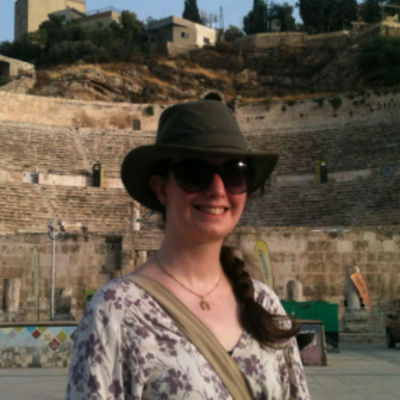
Marlena Whiting
Class of 2005
The beauty of a liberal arts education is that you can study anything your heart desires and know that those skills can be applied to a future career in any field. This is especially true of Classics, where the linguistic and analytical training you receive can be adapted to all walks of life. To keep going on the path towards academic specialization is not the automatic outcome of majoring in Classics. For me, however, as the daughter of scholars of the ancient world (including Margot Stout Whiting, Classical Archaeology, ’71) the archaeological world-view has been too deeply engrained (I went on my first excavation at the age of two) for me to have seriously considered other alternatives! I can’t claim to have “made it” as an academic yet, but I do know that every time I do succeed, the education I received at Wellesley is the reason why. Wellesley is not only where I learned my Greek and Latin, it is also where I learned to hold myself to a higher standard, to push hard and get results. When the going gets tough, I remind myself, “I went to Wellesley. I can do anything.”
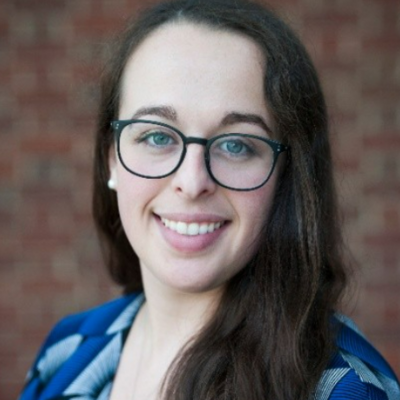
Emily Glatter
Class of 2009
I graduated from Wellesley in June of 2009 and moved to California the following month. I didn’t have a job, but my girlfriend was starting a PhD program at UC Berkeley, and I was hopeful that I’d be gainfully employed as a teacher (my dream job) by the end of the summer. I pieced together freelance writing, tutoring, and babysitting jobs, and in September I was hired as a part-time middle-school Latin teacher at a boys’ choir school. I remember excitedly emailing Ray Starr and my Classics-major friends about the job, thrilled that I’d found a teaching job in my area of study.
The school was fairly young, and while the choir program was phenomenal, the academic program was still finding its feet. Over the next few years my role at the school grew; in addition to Latin I began teaching English, U.S. history, and math to fifth graders. In true Wellesley fashion, I went above and beyond my teaching responsibilities to improve the community, collaborating with teachers and administrators to streamline school policies and procedures. Because of these efforts, I was named Dean of Academic Administration. At first glance, it may seem that this position is surprising for a relatively young Latin and Classics major, but I know the reason I am able to handle these responsibilities in addition to teaching is my training in Latin. Latin requires translators to be extremely detail-oriented and analytical, considering each word closely and taking into account many factors that influence its meaning before understanding the best way to place each word within a sentence. I use this kind of thinking every day in my administrative assignments, and I don’t know that I would be able to balance it all if I hadn’t had four years of practice at Wellesley.
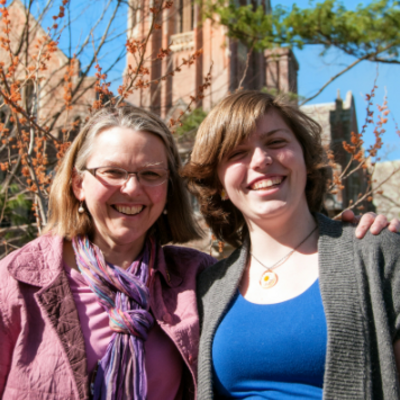
Mamie Bowers
Class of 1981
he study of any subject requires discipline, organization, attention to detail, and oftentimes, interpretation and problem solving skills. This happens more easily if one is especially curious or passionate about the subject. As much as I have a passion for medicine, I also loved studying the ancient world, and I enjoyed the process of revealing it through the translation of ancient texts, a methodical process requiring attention to detail, problem solving and interpretation. This process is not unlike medical diagnosis.On one very practical level, the Latin language is present daily for me in the medical terminology I use. The knowledge of Latin roots makes those words much more meaningful for me- not just another term to memorize. I love it when a really obvious Latin root is present; my favorite, the FENESTRATED surgical drape. See, Latin lives on!
Here is one last personal reason why Classical Civilization studies have been so impactful for me: last month while volunteering at the Bryn Mawr-Wellesley Used Book sale in Princeton, an awesome, not-to-be-missed event, I nostalgically perused the Classics section – Livy, Catullus, Vergil, and Ovid. Then I sent a text to my daughter Sophie, Class of ’17, to ask her what books she anticipated needing next semester for her Latin poetry class. You see, the best part about my studying Latin and the ancient world is that I have passed it on to my daughter. Now the two of us have our passion for ancient culture to share.
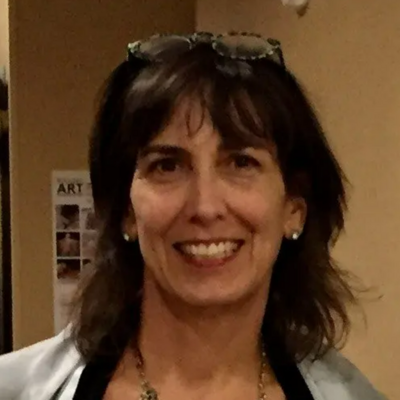
Lynn LiCalsi
Class of 1981
Tempus Fugit. It feels like yesterday that I sat in Katherine Geffcken's Latin classes in Founders Hall, but it has been 34 years. Back then, Ray Starr was the young new hire from Princeton, a popular professor who breathed new enthusiasm into the Classics. I was graduated in 1981 as an English major with Latin as my language. I had done some Latin tutoring that year and absolutely loved doing it, so when a teaching job in Latin came up at the Westover School in Middlebury, Connecticut, I decided to apply, not knowing at all that I would spend 28 years in the profession. I had already applied to graduate schools in Medieval Studies, but suddenly the idea of teaching Latin seemed appealing.
When I arrived at Westover, I learned that Laurel McByrnie, a Wellesley graduate, was leaving the school for an adventure of some sort. I was hired to take her place at the Connecticut boarding school and taught 5 Latin classes, 1 World History class, coached field hockey, helped with theater, and lived on a hall where I supervised students. I took a group to Italy and Greece during my second year.
After living in idyllic Connecticut, I moved to Boston and found a job in Wellesley, Massachusetts, of all places. As a Wellesley student, I was unaware that Dana Hall even existed. I taught alongside James Aisner and Elaine Elliot for many years. Elaine Elliot was the best Latin teacher in the state at the time, and I can honestly say that I honed my skills working with her.
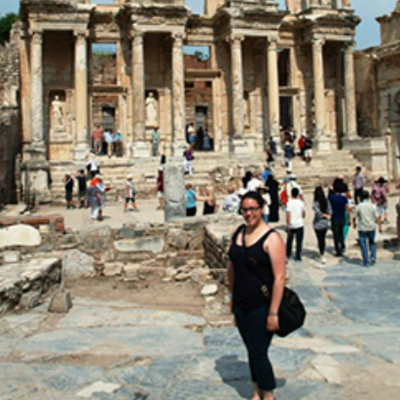
Kristina Bracero
Class of 2014
After graduating, I moved to Istanbul, Turkey, to continue my studies. I was a Classics and Art History double major while at Wellesley and had taken a semester to study abroad in Athens, Greece. I wanted to have the opportunity again to live in a country that produced the very art in which I was interested. I had also participated in a number of curatorial and museum internships at the Davis Museum and in Washington, D.C., which solidified my passion for continuing my education with a focus on museums and curating. Thus, I explored what my post-graduation options were abroad that would further my museum interests.
I am now a fully-funded Master's student at Koç University in the Archaeology and History of Art department with a focus on Museum Studies and Cultural Heritage Management. My courses are reminiscent of Wellesley in terms of small class sizes, engaged professors and students, and a participatory learning approach, and I am enjoying it immensely. I am in the process of further focusing my academic interests while exploring all Istanbul has to offer culturally and artistically and having a wonderful time doing so!
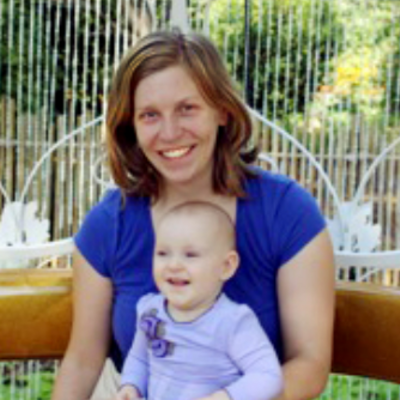
Angela (Barry) Webster
Class of 2000
I found my love for Classics early, in a 6th grade Latin class, and I never once thought of losing access to the wonders of the ancient world. So once at Wellesley, I immediately enrolled in additional Latin classes and took up Greek--loved every minute.
After I graduated from Wellesley with the double major of Latin and French, managing to do it in three years, I worked a year in NYC. I then embarked on Law School, and became a litigator at two large firms in Chicago. One thing that helped my resume stand out in a stack was the major: Latin. It evoked comment after comment during interviews. I explained how Latin helped shape an analytical and well rounded brain ready to take on any challenge. It is the best combination of language, mathematical type logic, historical and sociological study, and literature. One can easily demonstrate that a degree in a Classical language is so varied that it lends itself to almost any industry and any challenge.
